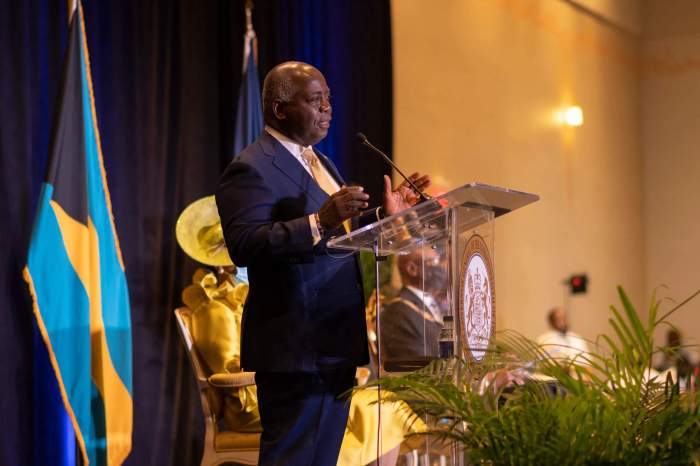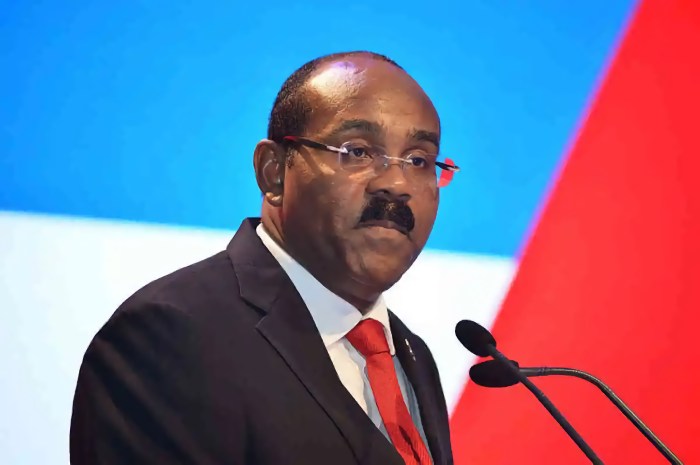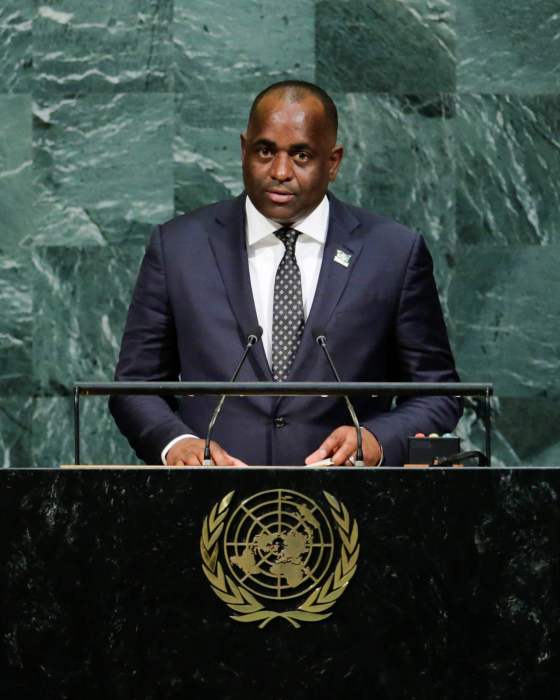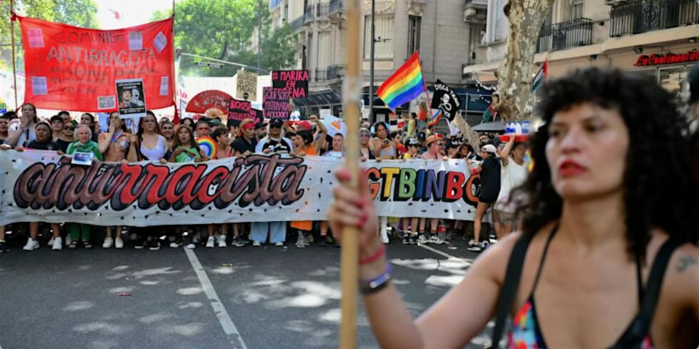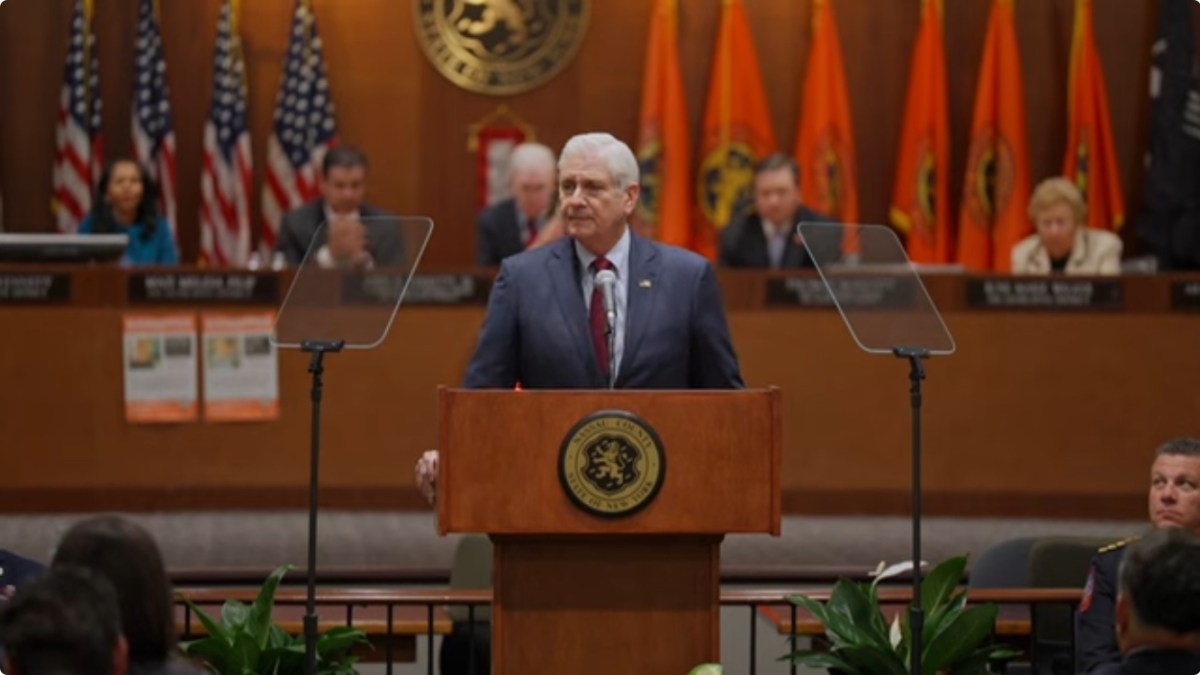Antigua
The Antigua and Barbuda government says it is no longer interested in buying Barbados’ chare in the cash-strapped LIAT airline.
Prime Minister, Gaston Browne recently announced that the idea of purchasing LIAT’s shares is on longer on the table.
“We have taken the decision, instead of buying Barbados’s shares that we will invest directly in LIAT — subject to the approval of the other shareholder governments — I don’t see why they should stop us from investing directly in LIAT. LIAT needs cash,” he said.
According to Browne he has already informed Barbados’ Prime Minister, Mia Mottley, that his government has obtained funds that it intends to use to purchase directly into LIAT.
The prime minister said he had indicated to Mottley that the Antigua and Barbuda government has $40 million that can be made available to re-capitalize LIAT, and that there should be a fresh capital call in which “we will have the existing shareholders and possibly new shareholders recapitalize LIAT.”
The Antigua and Barbuda minister of finance also said that he hopes that the decision will be considered during the next shareholder meeting, because the government has already received a $40 million loan commitment form the ALBA Bank.
Barbados
The National Council on Substance Abuse (NCSA) is supporting the Barbados government’s initiative to legalize and create a platform for the issue and handling of licenses for medicinal cannabis and its regulations regime.
Minister of Home Affairs, Edmund Hinkson, made the disclosure as he addressed the NCSA’s strategic planning retreat at the Savannah Beach Hotel.
He said people who are ill and people with disabilities have been calling for medicinal cannabis for years.
The minister said full discussions by the Joint Select Committee of Parliament had wrapped up with tremendous input given from the public orally and in writing.
Hinkson added that NCSA had also made an input into discussions hosted by the Joint Select Committee.
NCSA’s Chairman, Hadford Howell, said while the agency supported the move, it still advocated against substance abuse of misuse.
He said there is a difference in medical marijuana and recreational marijuana adding that medical marijuana will help persons who may be suffering from all sorts of diseases.
Caribbean
The World Bank has approved a US$30.6 million health project to improve regional coordination and resilience for public health emergencies and extreme weather events in four member states of the Organization of Eastern Caribbean States (OECS).
The OECS Regional Health Project will help improve the climate resilience of selected health facilities in Dominica, Grenada, St. Lucia, and St. Vincent and the Grenadines.
The project will also strengthen the capacity of health systems in the OECS region to ensure continuity of services following an extreme weather event, and boost disease surveillance systems to detect and respond to infectious diseases more rapidly.
The project is a combination of interest-free credits and grants financed through the International Development Association credit, the concessional financing arm of the World Bank.
In previous years, the World Bank has provided a total of US$157 million in financing to support health initiatives across the Caribbean.
Guyana
Former Guyana Vice President and Foreign Affairs Minister, Carl Greenidge recently announced that he had formally renounced his British citizenship to pave the way for him to be a candidate in the upcoming elections.
Greenidge and three other members of Parliament of the APNU/AFC coalition were forced to give up their seats and ministerial portfolios following a court ruling that affirmed that a holder of dual citizenship is ineligible to serve in the Parliament of Guyana in keeping with the constitution.
The ruling was among several handed down in the wake of challenges to the no-confidence motions in the courts.
Former legislator Charrandass Persaud, who switched sides and voted against the government, also had dual citizenship.
In a statement Greenidge said he had received confirmation from the relevant British authorities that his application to renounce his British citizenship had been accepted.
Jamaica
Jamaica has launched a national planting program that will aim to plant three million timber and ornamental trees over the next three years.
The program, which was recently launched by Prime Minister, Andrew Holness, is being managed by the Forestry Department and will see the foresting of 3,000 hectares of land with two million timber seedlings, while the remaining one million timber and ornamental seedlings will be distributed to the public for planting.
Holness, in his address at the launch ceremony, said that the initiative was part of the government’s strategic response to climate change.
He said the island was already experiencing the impacts of climate variations, with more intense drought and unpredictable weather, hence the need to take urgent action.
More than 1,000 interns under the Housing, Opportunity, Production and Employment Program (HOPE) will be trained and certified in basic forestry management and engaged in the planting exercise.
St. Lucia
The St. Lucia government is embarking on a Health System Strengthening Project to improve the accessibility, efficiency and responsiveness of key health services.
The project has four components and Prime Minister and Minister for Finance, Economic Growth, Job Creation, and External Affairs, Allen Chastanet, explained to the House of Assembly that each component will benefit from the loan (credit) of US$20,000,000 from the International Development Association (IDA).
Component 1 directly relates to the roll out of National Health Insurance and focuses on the demand-side of health services by supporting the government in developing and implements a coverage scheme that would allow the population to receive access to services outlined in the essential benefits package.
Chastanet said the delivery of an essential benefits package will require improvements in institutional readiness, ensuring that facilities are adequately equipped to deliver the proposed package of services.
The prime minister said the cost of this phase is US$5.5M adding that the Ggovernment sees the Design and Implementation of an Essential Benefits Package, as essential to the national dialogue on the roll-out of a national health insurance.
It will specifically help the government define what services would be provided under the package, guide decisions on the population to be covered and the financing the package.
Component 2 will encompass US$13M of the project and will focus on the supply-side of service delivery meaning that through Performance Based Financing, incentives will be provided to ensure a focus on results.
Component 3, which will cost US$1.5M, would provide support to overall project management and monitoring and evaluation to gauge project progress, while Component 4 will provide financing for efforts directed at preventing an outbreak from becoming a deadly and costly pandemic. This component will only be triggered in the case of a public health emergency.
Trinidad
Trinidad and Tobago’s Minister of Finance, Colm Imbert has unveiled a TT$53 billion fiscal package for 2019 / 2020 last week in the House of Representatives.
The budget is based on an oil price of US$60 a barrel and a gas price of US$3.02 per unit.
After four years of belt-tightening, Imbert “eased up” the population with several measures in the budget, which some political analysts claiming it is an election budget.
Prime Minister, Dr. Keith Rowley announced that Local Government elections will be held on Dec. 2, 2019.
Among the measures are an increase in the minimum wage from $15 to $17.50; 15 percent hike for CEPEP and URP workers; Pension for daily paid government workers: Farming industry now tax-free: Free daycare for single mothers; $300,000 low-interest housing loans; Free LED bulbs for 400,000 households; Higher stipend for On the Job Training (OJTs); $3 billion in bonds to pay Value Added Tax (VAT) arrears; No more arrival forms at airports and a shelter for battered, abused woman.
The major allocations went to the Ministry of Education ($7.5488 billion); $6,4808 billion for National Security; Ministry of Health $6,0848 billion and the Ministry of Public Utilities $3.047 billion.
— Compiled by Azad Ali


